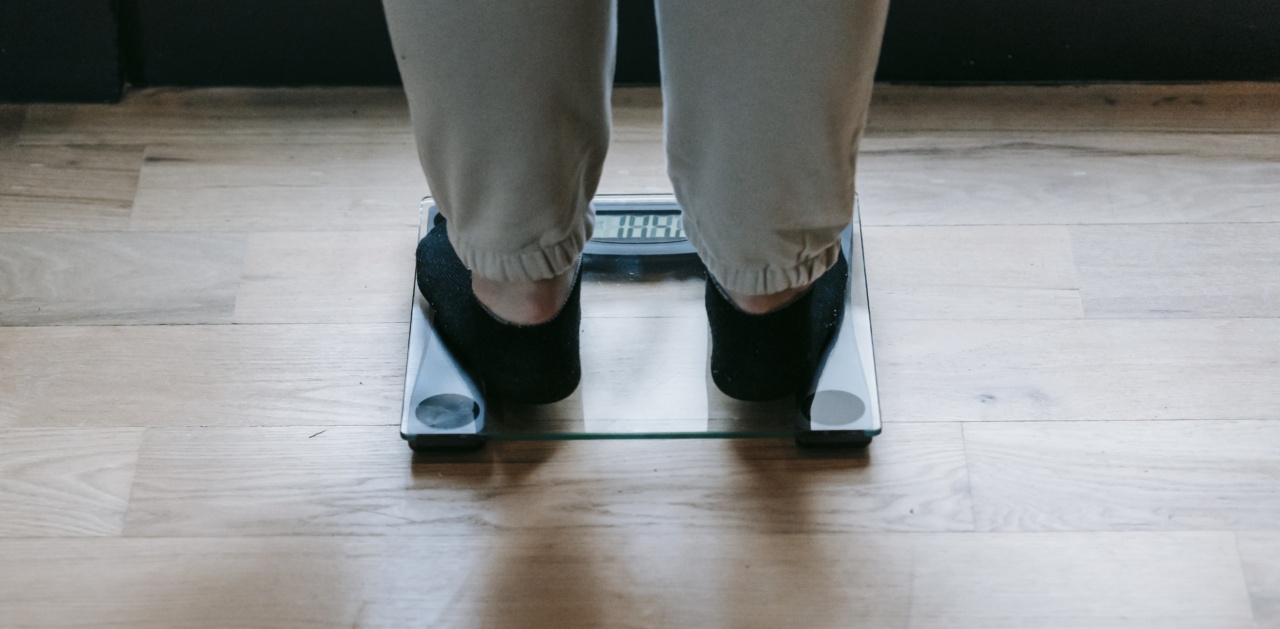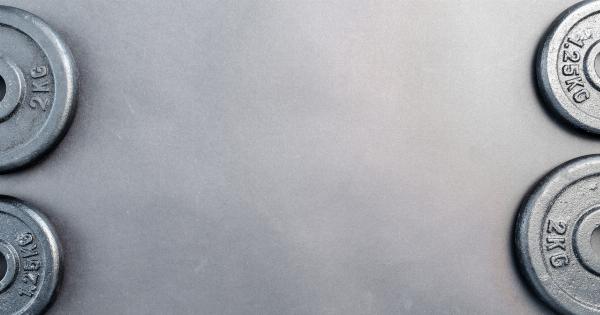The holiday season is often a time of indulgence, with rich foods, abundant desserts, and festive beverages. It’s no wonder that many people find themselves struggling with excess weight gain as the new year begins.
According to researchers, shedding those extra pounds may prove to be more challenging than expected.
The Science Behind Holiday Weight Gain
During the holiday season, people tend to consume more calories than usual. High-calorie foods, coupled with decreased physical activity, create a perfect recipe for weight gain.
Studies suggest that an average person can consume up to 3,000 calories in a typical holiday meal, which is significantly higher than their daily caloric needs. This excessive energy intake is then stored as fat, leading to weight gain.
The Role of Festive Treats
Traditional holiday treats, such as cookies, pies, and chocolates, contribute to the excessive calorie consumption during this time of the year. These foods are often high in sugar, unhealthy fats, and refined carbohydrates.
They can easily derail a person’s healthy eating habits and increase their overall calorie intake.
Decreased Physical Activity
In addition to the abundance of calorie-rich foods, holiday weight gain is also attributed to decreased physical activity. Cold weather and holiday commitments may reduce opportunities for outdoor activities and exercise.
This sedentary behavior, combined with increased time spent indoors, leads to a more sluggish metabolism and fewer calories burned.
The Difficulty of Losing Holiday Weight
Weight gain during the holiday season is not uncommon, but what makes it especially challenging is the difficulty in losing the excess weight afterward.
Researchers have found that the body’s response to short-term overeating can have long-lasting effects on metabolism.
A study conducted at the University of Colorado revealed that overeating for as little as a week can lead to dramatic changes in the body’s ability to regulate energy expenditure.
The participants’ metabolism slowed down significantly, making it harder for them to burn calories efficiently. This metabolic adaptation can persist for months even after returning to a normal diet.
The Role of Gut Bacteria
Researchers have also begun exploring the role of gut bacteria in weight management and weight gain. Studies suggest that alterations in the gut microbiome due to holiday overeating may contribute to prolonged weight retention.
An imbalance in gut bacteria can impact the body’s ability to regulate energy and fat storage, making weight loss more elusive.
Effective Strategies for Losing Holiday Weight
While losing holiday weight can be challenging, it’s not impossible. With a structured approach and commitment, individuals can shed those extra pounds and get back on track. Here are some effective strategies:.
1. Set Realistic Goals
Before embarking on a weight loss journey, it’s important to set realistic goals. Aim for sustainable weight loss of 1-2 pounds per week. This steady progress is more attainable and healthier for the body in the long run.
2. Create a Calorie Deficit
To lose weight, create a calorie deficit by consuming fewer calories than you burn. Incorporate nutrient-dense foods into your diet, such as fruits, vegetables, lean proteins, and whole grains.
Avoid processed foods and sugary treats that hinder weight loss efforts.
3. Engage in Regular Exercise
Physical activity is crucial for weight loss and overall health. Engage in regular exercise, including cardiovascular activities, strength training, and flexibility exercises.
Find activities you enjoy to stay motivated and make exercise a part of your daily routine.
4. Practice Portion Control
Be mindful of portion sizes to prevent overeating. Use smaller plates and bowls to control your food intake visually. Listen to your body’s hunger and fullness cues, eating until you’re satisfied rather than overly full.
5. Stay Hydrated
Drinking an adequate amount of water throughout the day can help control appetite and prevent overeating. Sometimes, we may mistake thirst for hunger, leading to unnecessary calorie consumption.
6. Get Sufficient Sleep
Adequate sleep is essential for weight management. Lack of sleep can disrupt the hormones responsible for regulating hunger and satiety, leading to increased cravings and overeating. Aim for 7-8 hours of quality sleep each night.
7. Seek Support
Surround yourself with a supportive network of friends and family who are also committed to healthy living. Having a support system can provide motivation, accountability, and help you stay on track with your weight loss goals.
8. Practice Stress Management
Stress can lead to emotional eating and hinder weight loss efforts. Find healthy ways to manage stress, such as meditation, deep breathing exercises, or engaging in hobbies and activities you enjoy.
9. Be Patient and Persistent
Weight loss takes time and effort. Be patient with yourself and remain persistent, even if you encounter setbacks along the way. Remember that small, sustainable changes lead to long-term success.
10. Consult a Healthcare Professional
If you’re struggling to lose holiday weight or have underlying health conditions, it’s advisable to consult a healthcare professional. They can provide personalized guidance and support based on your specific needs.
Conclusion
Excess holiday weight gain can be a common struggle for many individuals. Understanding the science behind weight gain during this time and implementing effective strategies for weight loss can make the process easier.
While it may require patience and dedication, regaining a healthy weight and lifestyle is achievable.





















